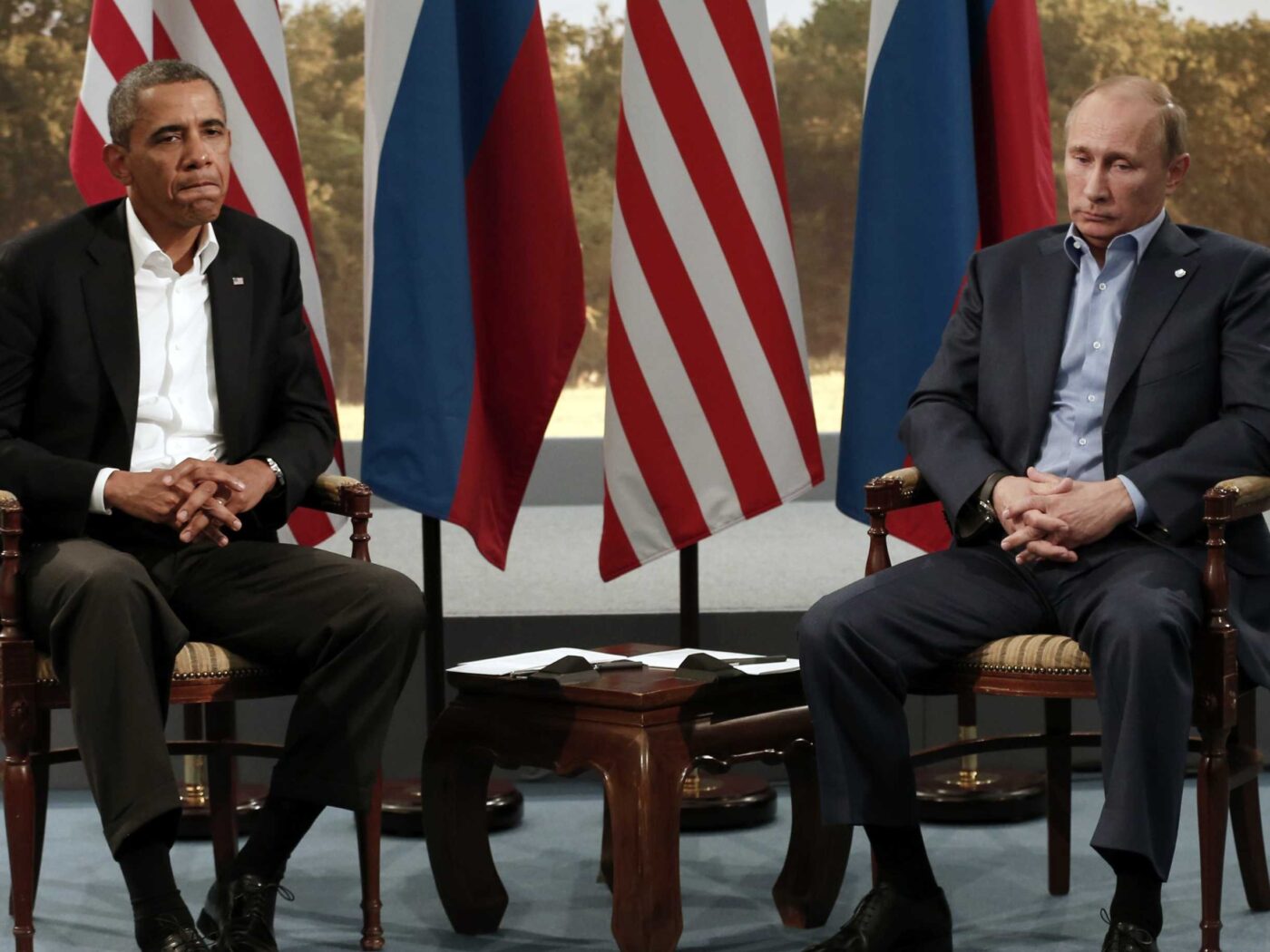THE UNITED States (US) and Russia have reached a deal in a joint plan to eradicate the use of chemical weapons in the ongoing Syrian civil war.
Announced last September 14, the agreement involves a framework that envisions the complete elimination of all chemical weapons in Syria by mid-2014.
This framework also details the steps leading to the complete chemical weapon eradication. Syria was to submit a comprehensive list of its chemical arsenal by the end of September. By November 2013, the Organization for the Prohibition of Chemical Weapons (OPCW) is expected to complete initial on-site inspections of declared sites. November also marks the deadline for the destruction of the manufacturing equipment of chemical weapons.
The Syrian government under President Bashar al-Assad has agreed to the plan, recognizing that it as a means to avert war and the threat of US military force. Syria has already complied with the first provision of the arrangement, having submitted its chemical weapons information last September 22.
The information is now being reviewed by the OPCW, the intergovernmental authority of the Chemical Weapons Convention that outlaws the use of chemical weapons.
The US-Russia framework came after a third day of negotiations between US Secretary of State John Kerry and Russian Foreign Minister Sergey Lavrov at the United Nations (UN) Headquarters in Geneva, Switzerland.
A need for reform
The Syrian civil war is part of the Arab Spring, the collective term used for the wave of uprisings in the Arab World that aimed to depose aging autocracies in favor of democracy. The civil war broke out in March of 2011 when earlier revolutions in Egypt and Tunisia stirred Syrians into protesting against the dictatorship of President Al-Assad.
President Al-Assad is part of the Ba’ath party, a political party that has held control of Syria since 1963. Al-Assad came to power through inheritance; he was appointed party leader after his father, Hafez Al-Assad, died in June of 2000.
The root of the conflict in Syria, according to Richard Heydarian, a lecturer from the Political Science Department, is the “complete lack of democratic institutions…[They] have failed in providing freedom, [economic], growth and gender parity simultaneously.”
But unlike other Arab countries that have seen major changes in their governments, the Syrian uprising has not yet brought about such drastic reordering. “It wasn’t able to usher in regime change as well or as effectively as other countries,” said former Ateneo Debate Society President Allan Cabrera.
The civil war has been raging for over two years now with a death toll of over 100,000, according to estimates by the UN.
The use of chemical weapons
The latest crisis that brought about the US-Russian agreement, however, springs from reports that Syrian military forces used lethal sarin nerve gas last August 21 in the Ghouta area of the Syrian capital, Damascus. Casualties have been pegged at 1,400 people and the UN Secretary-General Ban Ki-moon has cited it as “the worst use of weapons of mass destruction in the 21st century.”
Though the UN has not explicitly pinpointed the perpetrators, American and British foreign representatives and ambassadors to the UN have put the blame on the government.
“The technical details make it clear that only the regime could have carried out this large-scale attack,” said the US Ambassador to the United Nations Samantha Power in an article published by BBC.
Ten days after the attack, US President Barack Obama declared his intent to seek Congress’ approval for a military attack on Syria in response to the war crime. His announcement, however, was met with much criticism, particularly from Russian President Vladimir Putin.
“[An American attack] could undermine multilateral efforts to resolve the Iranian nuclear problem and the Israeli-Palestinian conflict and further destabilize the Middle East and North Africa. It could throw the entire system of international law and order out of balance,” said Putin in an opinion article published by The New York Times.
On September 9, Russia, one of Syria’s most powerful supporters and major arms supplier, entered into diplomatic negotiations with Syria. This resulted in a tentative agreement for the surrender of the chemical weapons, which then developed into the US-Russia deal.
Future and current problems
Despite negotiations, civil protests continue to rage on in the war-torn country. These protests have, according to Cabrera, led to “increasing use of military force to stifle the demands of people on the ground.”
Heydarian said that it is impossible to have peace with Al-Assad in power. But while the removal of Al-Assad may seem like the obvious answer, he says the solution is much more complicated.
“If the Assad regime goes away in a violent manner, it may be replaced by a much more radical or unstable government,” said Heydarian.
Cabrera believes that the answer may lie in offering Al-Assad amnesty. “If the political amnesty is able to avoid a protracted intervention and the continued deaths in Syria, I think the greater good demands that we save the lives of the people who have not been harmed yet.”




